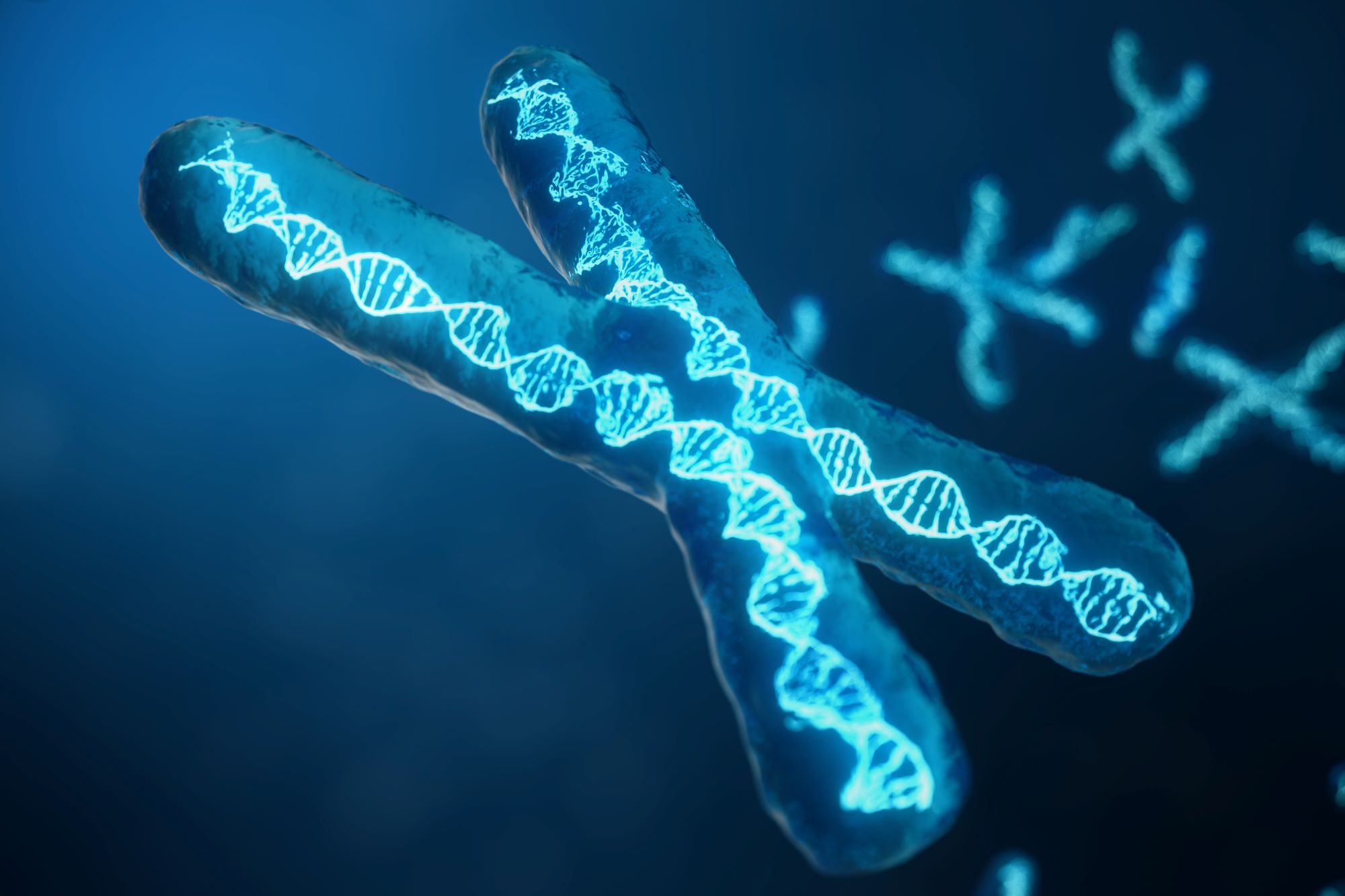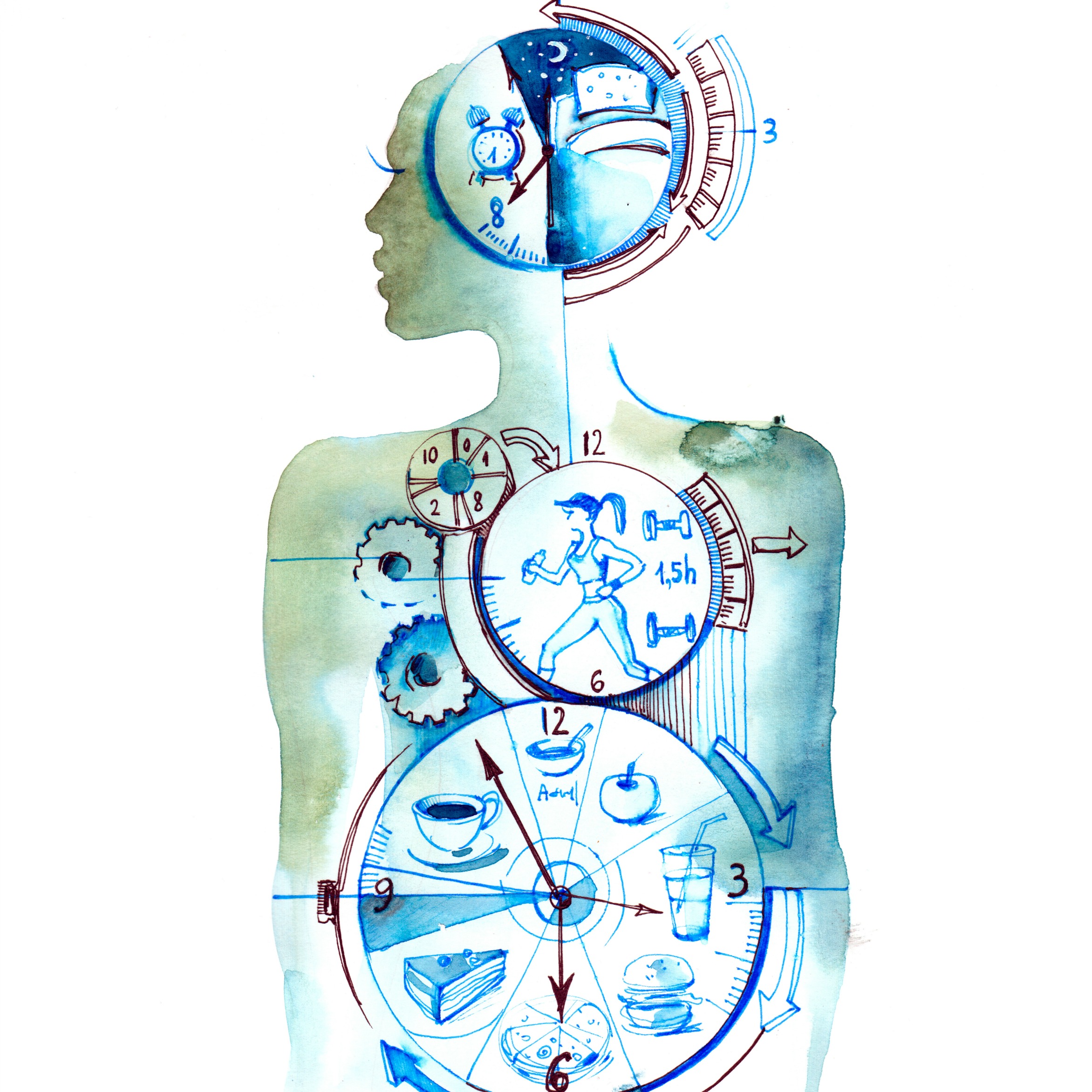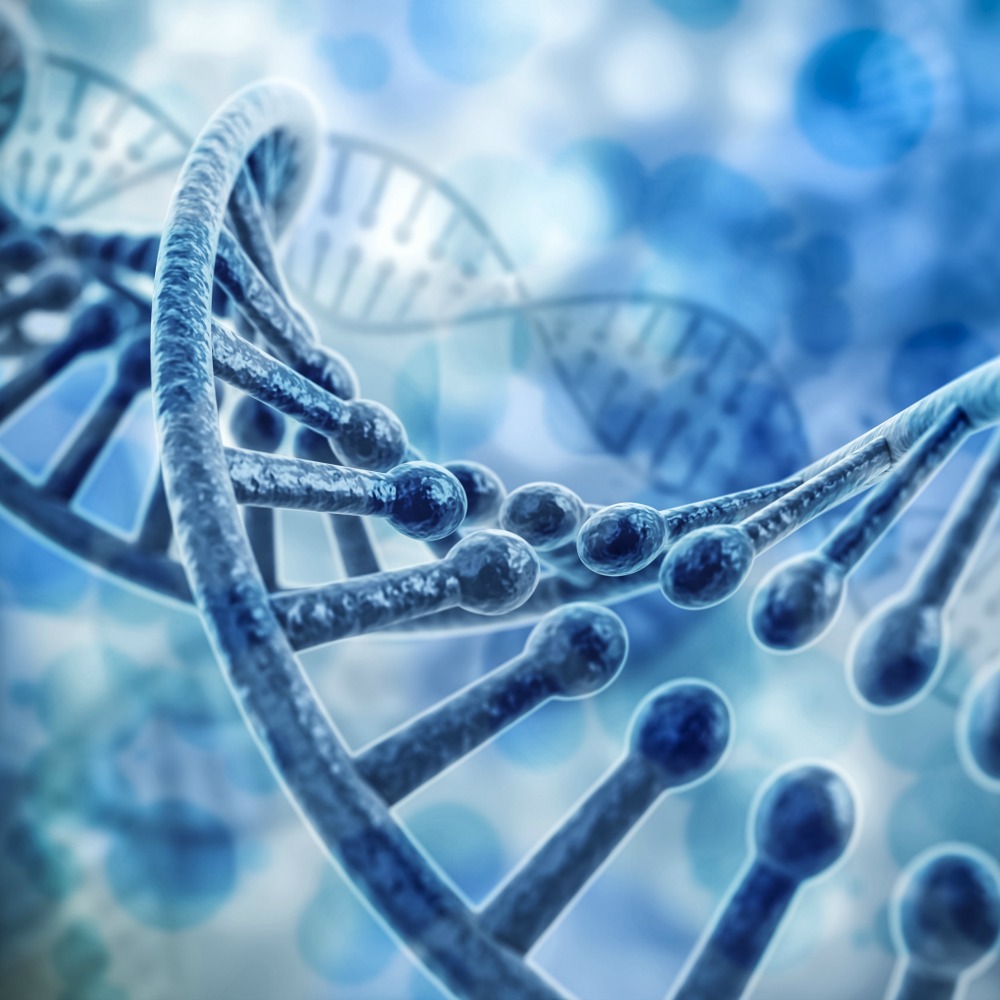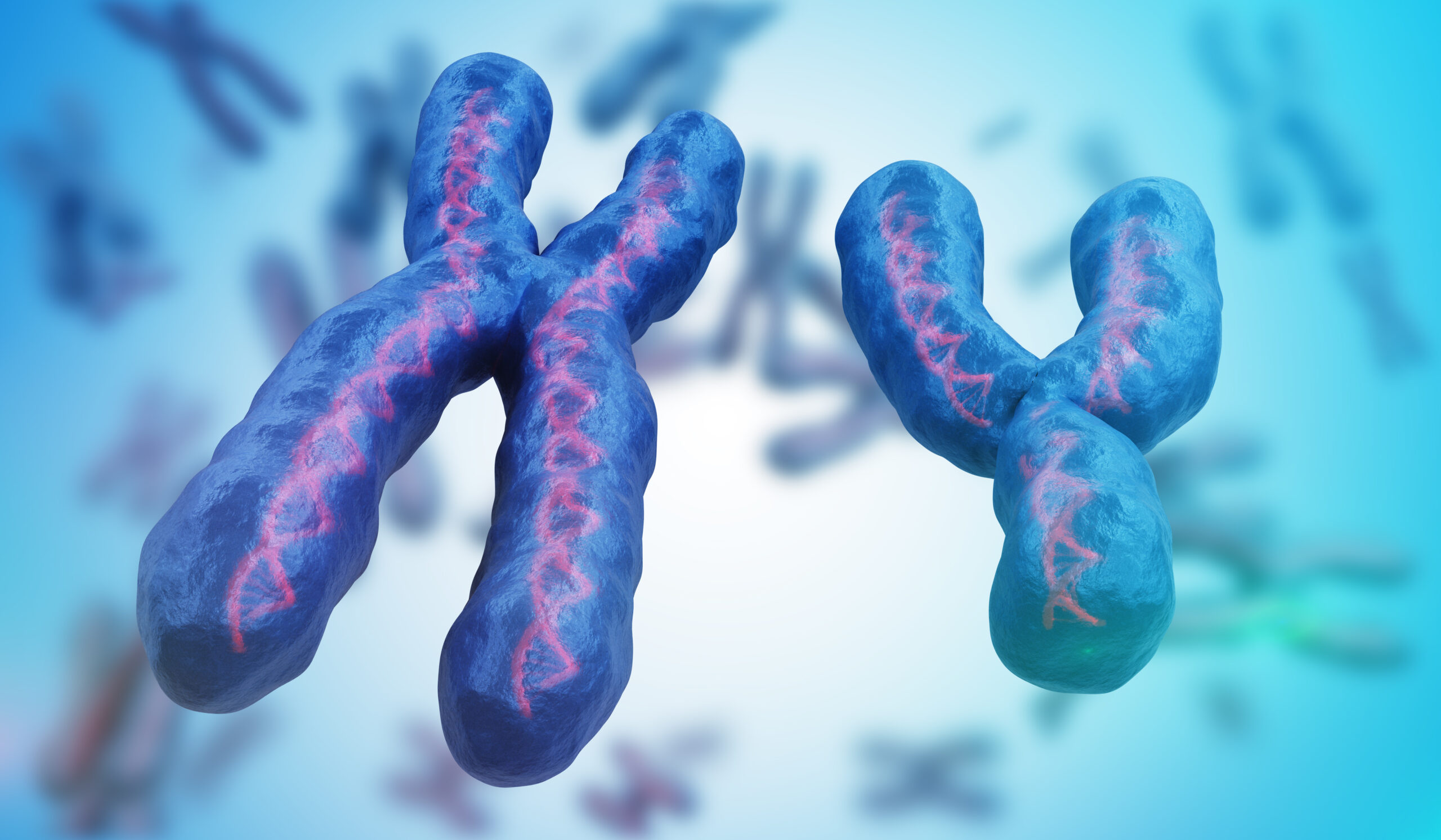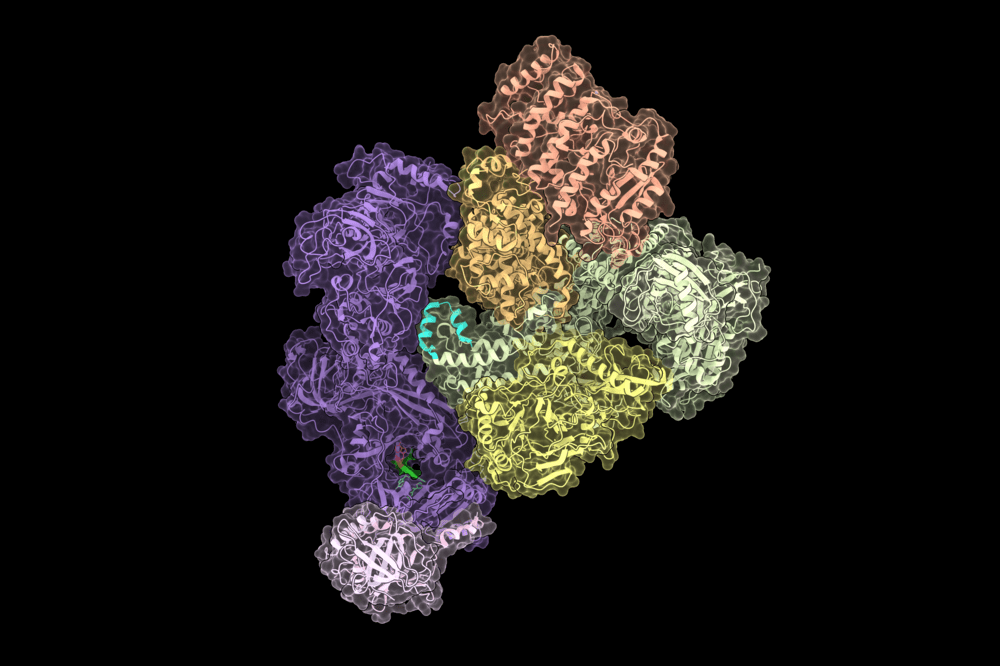Anti-Aging Telomere Tech
Image: Microscopy image showing (green) telomeres, the protective caps at the ends of (blue) chromosomes, which play a crucial role in cellular aging. Credit: Salk Institute Scientists at the Salk Institute have debuted a new method for determining both the length and sequence of telomeres on individual chromosomes. Their breakthrough anti-aging and cancer telomere tech …



